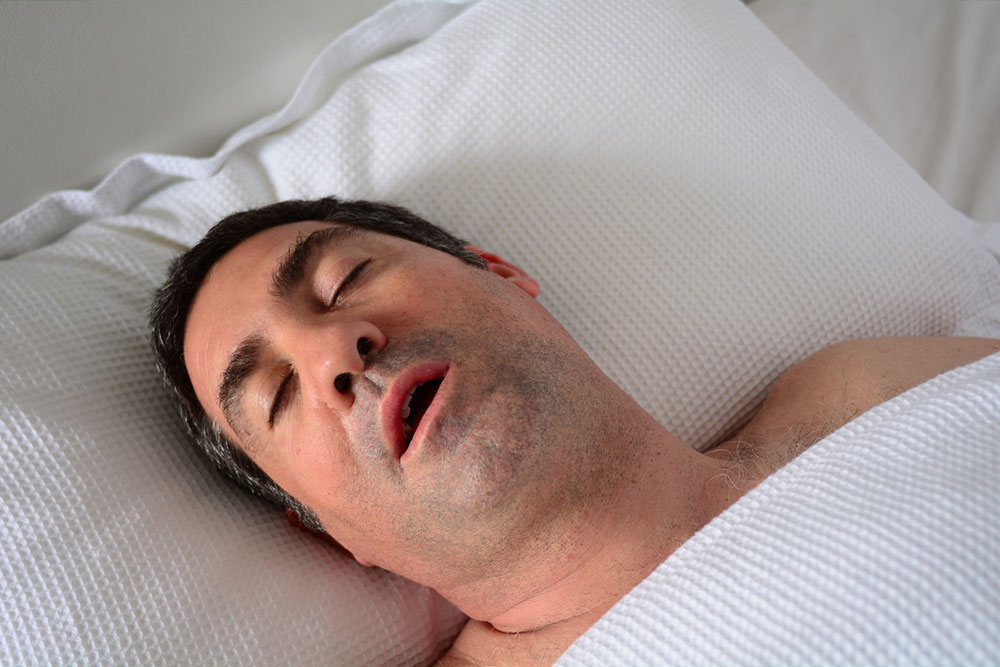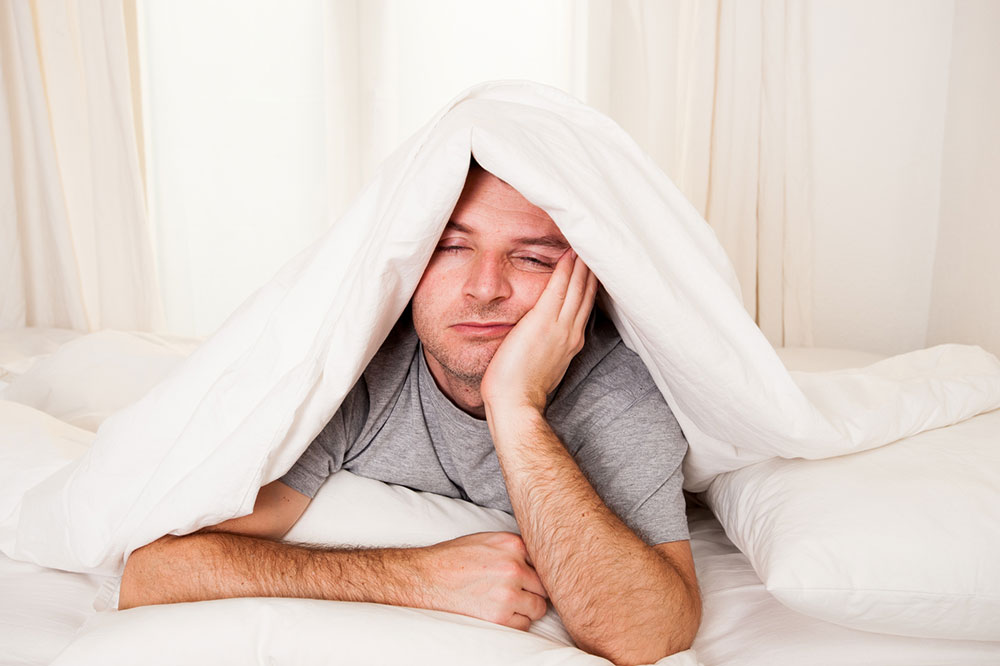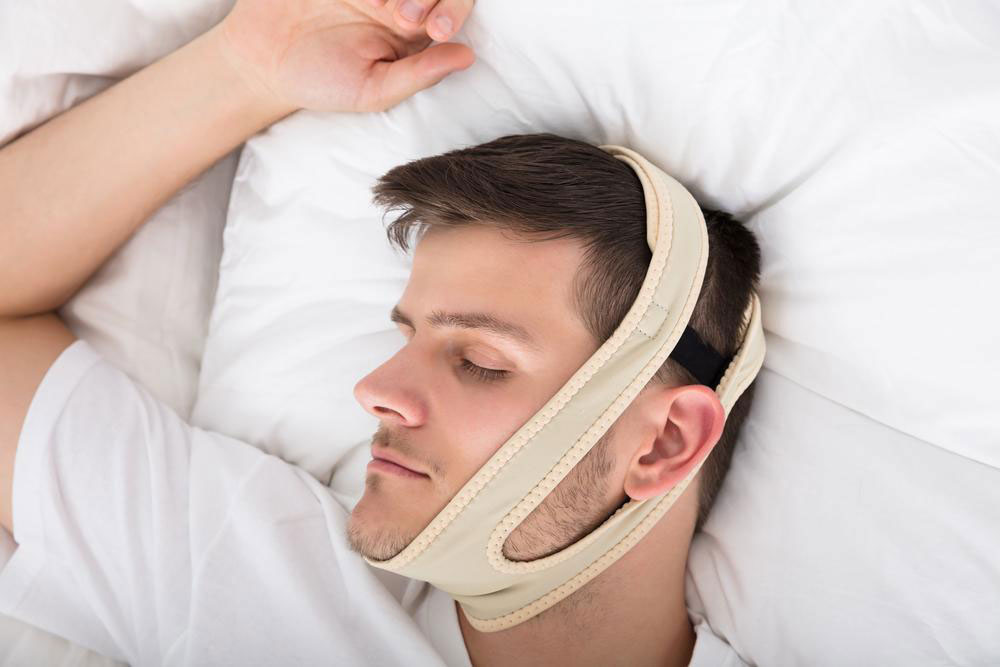Comprehensive Strategies to Effectively Reduce Snoring and Improve Sleep Quality
This comprehensive guide explores effective strategies to reduce snoring, including lifestyle modifications, medical treatments, and selecting the best anti-snoring devices. Detailed considerations for device choice ensure better sleep and health outcomes, making this essential reading for anyone seeking to alleviate snoring problems and improve sleep quality.

Comprehensive Strategies to Effectively Reduce Snoring and Improve Sleep Quality
Snoring, a common phenomenon experienced by many individuals, ranges from occasional harmless episodes to chronic loud snoring that significantly affects sleep quality. While occasional snoring might not be a cause for concern, persistent and loud snoring can lead to various health issues, interfere with restorative sleep, and impact relationships. Understanding the causes, risks, and effective remedies for snoring is crucial for those seeking better sleep health and overall well-being. This detailed guide explores the underlying reasons for snoring, examines practical solutions, and provides insights into selecting appropriate anti-snoring devices that fit individual needs.
The Causes and Risks of Snoring
Snoring occurs when airflow through the mouth and nose is obstructed during sleep. Common causes include nasal congestion due to allergies or colds, structural abnormalities of the nasal passages, excess weight, sleep position, alcohol consumption, and aging. Other contributing factors encompass sinus issues, smoking, certain medications, and lifestyle habits.
Persistent loud snoring could be a signal of sleep disorders, notably obstructive sleep apnea (OSA), a serious condition characterized by brief breathing interruptions during sleep. OSA is linked to increased risks of hypertension, heart disease, stroke, and daytime fatigue. Recognizing the signs and seeking medical evaluation are essential steps in addressing potential health threats.
Factors Influencing Snoring
Several factors influence the severity and frequency of snoring, including:
Age: As people age, throat muscles tend to weaken, increasing susceptibility to airway obstruction.
Body Weight: Obesity contributes to fat deposits around the neck, narrowing the airway.
Nasal and Sinus Issues: Congestion or structural abnormalities impede airflow, causing vibration of throat tissues.
Sleep Position: Sleeping on the back can lead to the tongue and soft tissues falling back, blocking the airway.
Alcohol and Sedatives: These relax the throat muscles, making airway collapse more likely.
Lifestyle Habits: Smoking irritates mucous membranes, leading to inflammation and congestion.
Medications: Some drugs relax airway muscles or alter sleep patterns, increasing snoring risk.
Identifying these factors can help tailor personalized interventions to reduce snoring effectively.
Effective Solutions to Reduce Snoring
Addressing snoring requires a multi-faceted approach that combines lifestyle changes, medical treatment, and specialized devices. Here, we distinguish some of the most practical and scientifically supported interventions.
Lifestyle Modifications for Snoring Relief
Weight Loss: Losing excess weight reduces fat around the neck, alleviating airway obstruction.
Sleep Positioning: Avoid sleeping on your back; try sleeping on your side using positional therapy devices.
Avoid Alcohol and Sedatives: Limit alcohol consumption and avoid sedative drugs before sleep.
Quit Smoking: Smoking cessation decreases mucous inflammation and congestion.
Maintain Good Sleep Hygiene: Establish consistent sleep routines and ensure adequate sleep duration.
Medical and Therapeutic Interventions
Nasal Treatments: Decongestants, nasal strips, or nasal dilators can improve airflow.
Continuous Positive Airway Pressure (CPAP): For sleep apnea, CPAP devices keep airways open throughout the night.
Surgical Procedures: Correcting structural issues through septoplasty or uvulopalatopharyngoplasty (UPPP) may be necessary in severe cases.
Dental Devices: Oral appliances designed to reposition the jaw and tongue help keep airways open during sleep.
Anti-Snoring Devices: An In-Depth Look
One of the most popular solutions for snoring involves using specialized anti-snoring devices. These devices aim to maintain an open airway by repositioning tissues or preventing airway collapse. When selecting an anti-snoring device, certain critical factors must be considered to ensure safety, comfort, and effectiveness.
Key Considerations for Choosing the Right Anti-Snoring Device
Clinical Effectiveness: Ensure the device has scientific backing or positive professional reviews. Look for data demonstrating reduced snoring episodes and improved sleep quality.
Cost and Value: Evaluate the price relative to features and durability. More expensive devices often deliver higher quality and longer service life, making them a better investment.
Comfort and Fit: An effective device must fit snugly without causing discomfort or issues with mouth movements. Comfort promotes consistent use, which is essential for success.
Impact on Oral and Dental Health: Choose devices that do not harm teeth or gums. They should be gentle yet firm enough to stay in place during sleep.
Adjustability and Fit Customization: Devices offering customizable fit and adjustable settings allow personalization, improving efficacy and comfort.
Durability and Material Quality: Opt for devices made of high-quality, durable materials to ensure long-term use and hygiene.
Control of Mouth and Jaw Positioning: The device should maintain proper jaw position, prevent mouth opening, and avoid excessive vertical movement or tongue constriction.
Ease of Maintenance and Cleaning: Hygiene is crucial; select devices that are simple to clean and maintain to prevent infections and ensure longevity.
Popular Anti-Snoring Devices
Vital Sleep Mouthpiece: A customizable, moldable mouthguard designed to improve airflow and reduce snoring. It comes in small and regular sizes and is known for its ease of use and comfort.
ZQuiet®: An affordable, flexible, and discreet oral device developed by dental professionals. It requires no molding and offers a comfortable fit for daily use.
SnoreRx: Features adjustable calibration via a 'boil and bite' technique, allowing a personalized fit. It prevents applying excessive pressure to teeth and gums, reducing discomfort.
Good Morning Snore Solution: Created by a physician, this device gently holds the tongue forward to keep airways open, making it a safe alternative suitable for mild sleep apnea.
SnoreMeds™: Reported to help approximately 85% of users, this device is user-friendly, easy to clean, and customizable for men and women, emphasizing comfort and simplicity.
In conclusion, selecting the right anti-snoring device is a crucial step in managing snoring effectively. Prioritize factors like efficacy, comfort, durability, and hygiene to find the most suitable solution tailored to your specific needs. Coupling device use with lifestyle changes offers the best chance for improved sleep quality and overall health.





